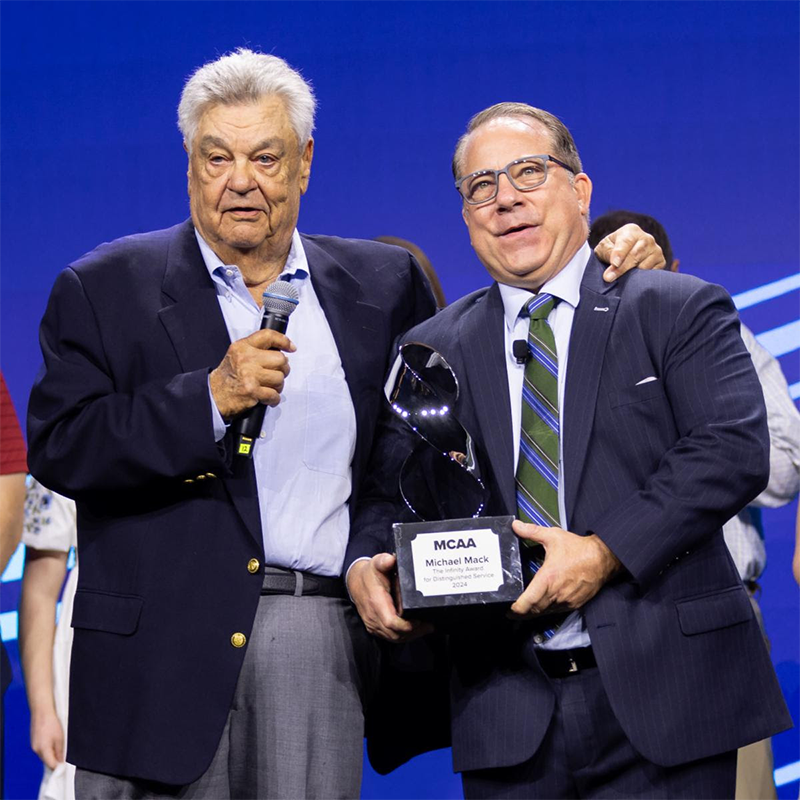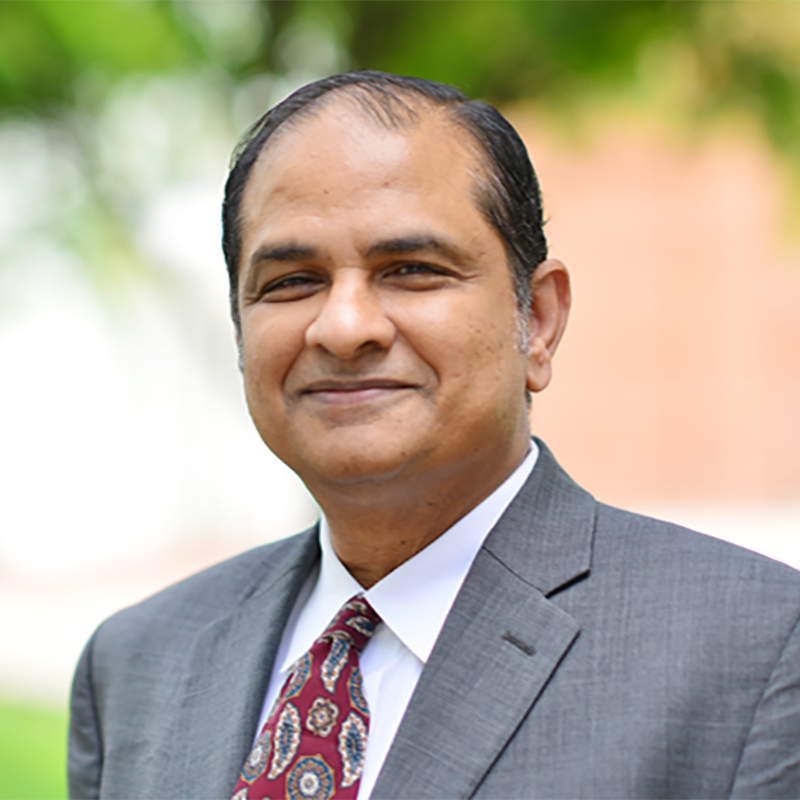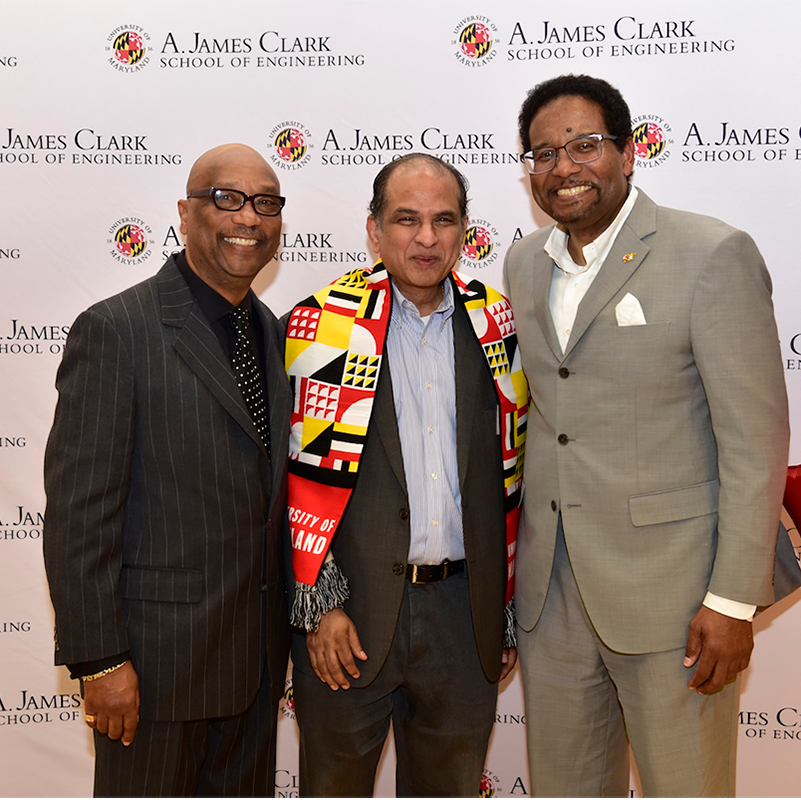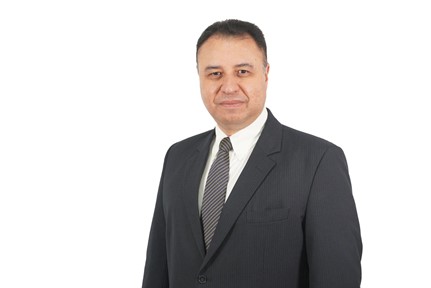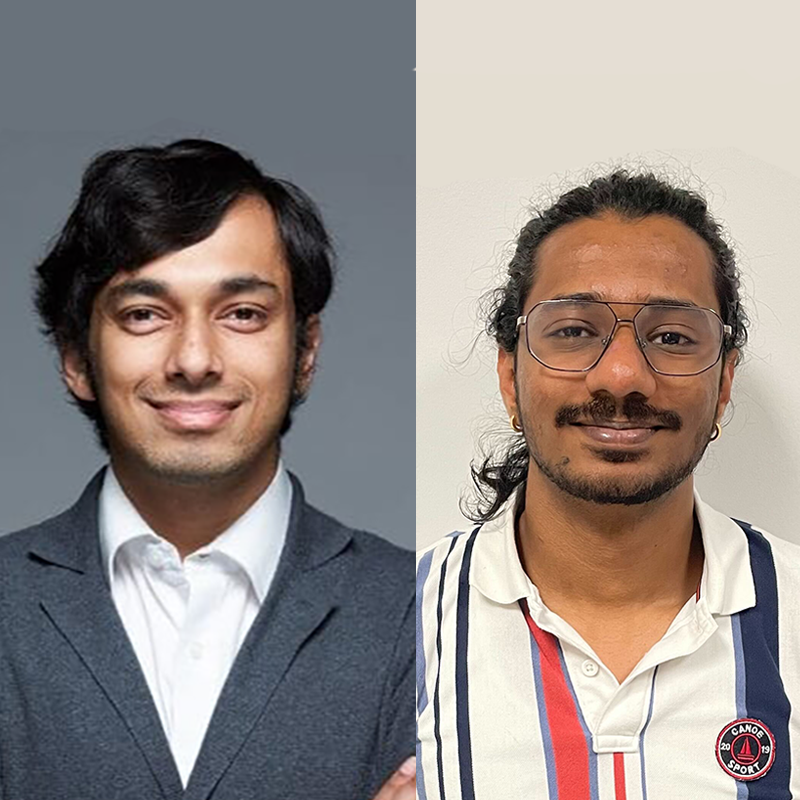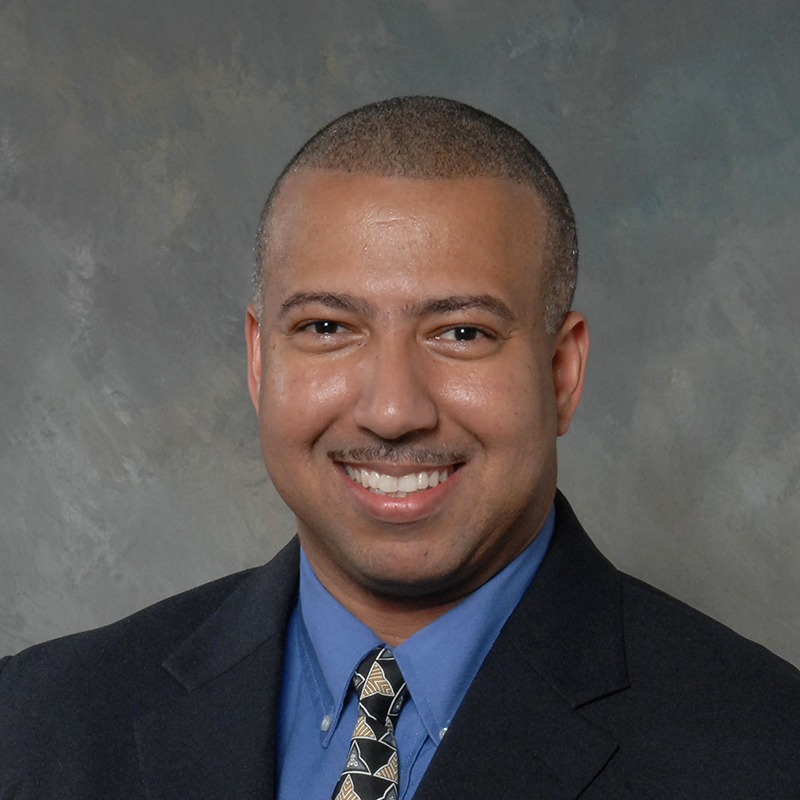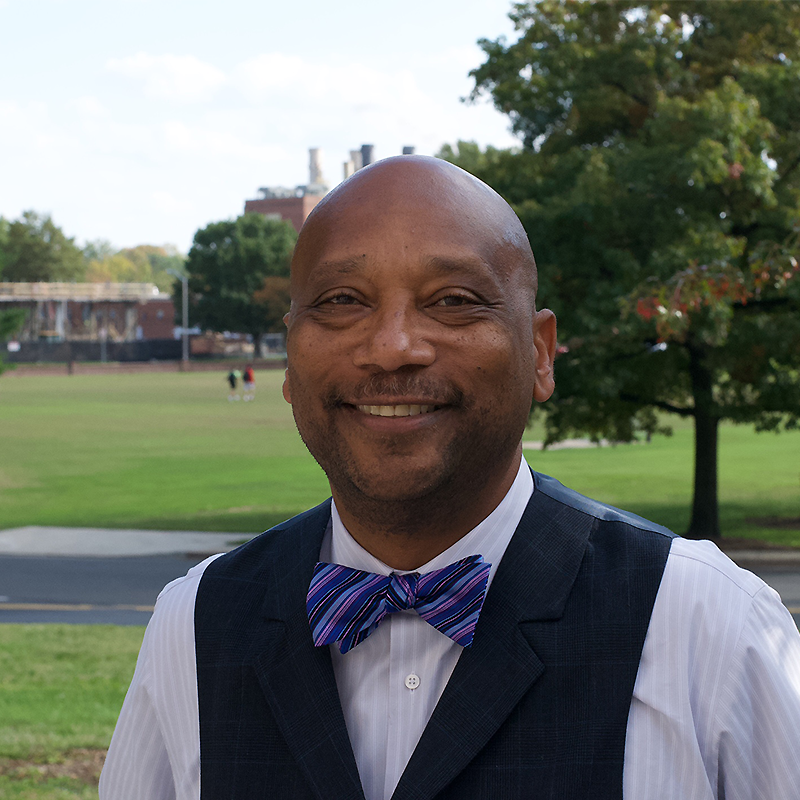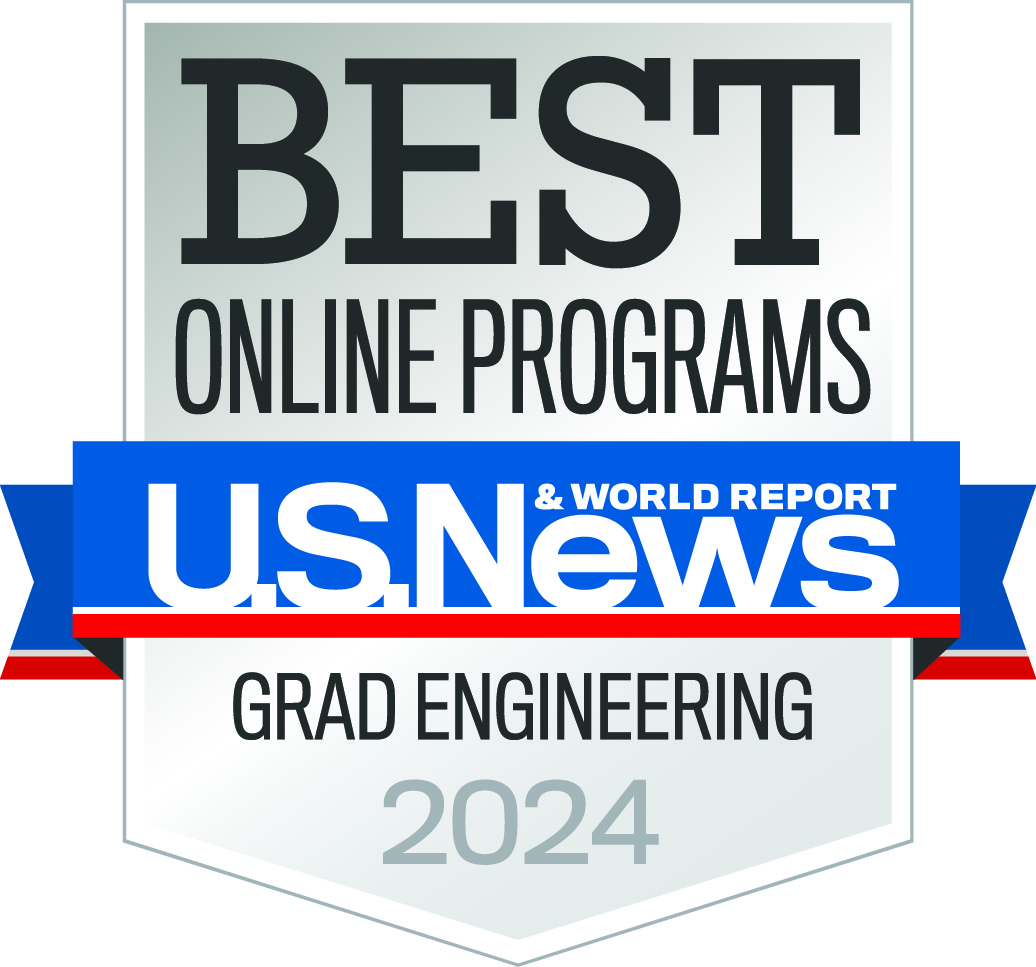News Story
Three Mechanical Engineering Students Receive NASA Fellowships
Three Department of Mechanical Engineering graduate students have been awarded NASA Space Technology Research Fellowships (NSTRF) for fall 2013.
The NASA fellow recipients are:
- Jaemi Lee Herzberger
- Alex Scammell
- Elizabeth Saurbrunn
Herzberger, whose project is titled "Next-Generation Electronic Systems for Innovation New Space Technologies and for the Nation's Science, Exploration and Economic Future," received the NSTRF in 2011. Her research focuses on electrochemical migration and dendrite growth in multi-layer ceramic capacitors. Through this fellowship, Herzberger has been able to perform her research at the NASA Electronic Parts and Packaging (NEPP) Laboratory at Goddard Space Flight Center with the aid of their state-of-the-art equipment and leading technical experts in the field. This fellowship has also enabled Herzberger to be involved with related projects at Sandia National Laboratories and the National Institute of Standards and Technology (NIST). She is currently in her third NSTRF award year, and plans to graduate with her Ph.D. in Mechanical Engineering in 2015.
Scammell's research project is titled "Fundamentals of Gravity and Tube Size Effects on Flow Boiling Heat Transfer." The overall goal of his research is to provide a better understanding of boiling flow patterns and heat transfer mechanisms in space heat exchangers. This research will provide a knowledge base for more efficient designs leading to smaller, less expensive payloads to be delivered from Earth to space. As an undergraduate at Auburn University, Scammell completed an undergraduate research fellowship during which he studied the enhancement of phase-change material thermal conductivity through the use of porous media. This is Scammell's third year of receiving the NSTRF award.
Saurbrunn, whose project is titled "Self-sensing Thermal Management System using Multifunctional Nano-enhanced Structures," has been a mechanical engineering student at the University of Maryland since fall 2009, and she is currently working toward her Master of Science degree. Saurbrunn became involved in undergraduate research during her junior year while working under Dr. Hugh Bruck in the Multiscale Measurement Laboratory. Through this research, she was able to acquire an internship at NASA’s Goddard Space Flight Center in Greenbelt, Md. The internship aimed at developing a new type of temperature sensor using nano-particles that could be embedded into structures and give a system the ability to “self-sense” temperature and strain fields. Saurbrunn said she was thrilled when she learned that she was selected to be a 2013 NSTRF award winner and is excited to continue her education as a Terp.
The goal of the NASA Space Technology Research Fellowships program is to provide select graduate students who show potential with funding to facilitate technological growth and improvement in space technology. Fellows are awarded $68,000 each. The program also provides for on-site, NASA research and development laboratory experience. The fellowship is offered initially for one year, but based on progress, may be renewed for one additional year for master's students, and three additional years for Ph.D. students.
For more information on NASA Space Technology Research Fellowships, visit their website.
Published September 24, 2013
